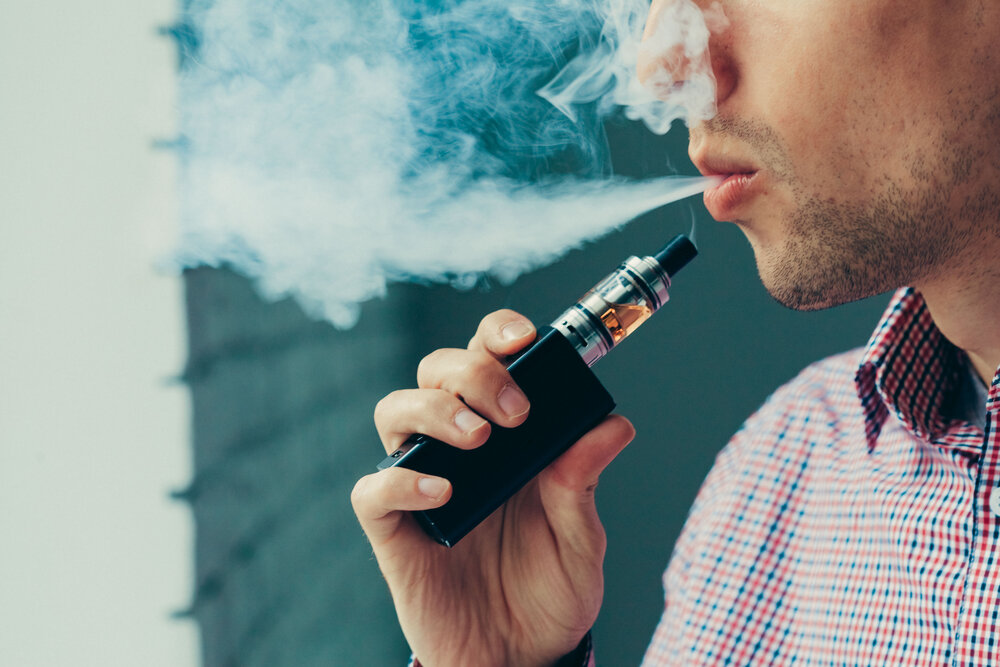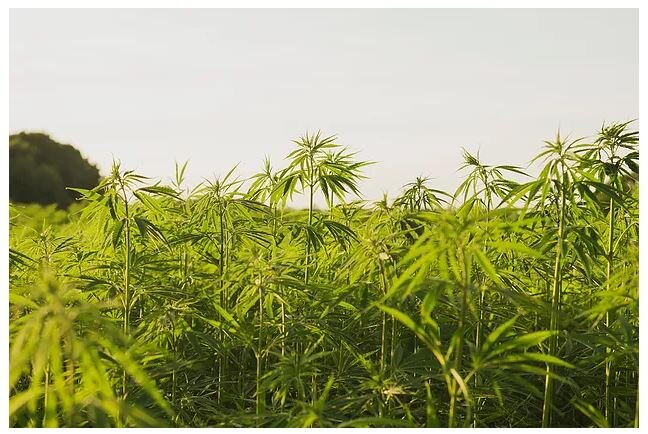The end of this summer saw two separate stories break regarding serious health concerns linked to vaping.
The first involves a mysterious “vape disease” still sweeping the country. According to the CDC, at least 805 people across the US have been sickened and 12 have been killed by an unknown respiratory illness. While none of the cases seem linked to infection, all patients involved reported smoking e-cigarettes and/or THC vaporizers within 90 days of the onset of the illness, which is characterized by respiratory and other symptoms, such as nausea and vomiting. While scientists and doctors continue to investigate the vape ingredients potentially responsible for the disease, lawmakers are calling for a crackdown on these products.
The second issue involves an investigative report published by the Associated Press (AP) earlier this month, which found that many alleged hemp-CBD vaporizers on the market in fact contain synthetic cannabinoids and other controlled substances, including fentanyl, that have caused consumer harm. In particular, the AP report highlights the case of Jay Jenkins who slipped into a coma after smoking a CBD vaporizer later found to contain synthetic cannabinoids.
As outlined below, both of these public health threats have serious implications for the manufacturers and consumers of THC and hemp-CBD vaporizers.

Implications for the Legal Cannabis Industry
In response to news of the “vape disease,” revenue from the sale of legal vapes has declined by 15% nationwide. Although the majority of the vapes so far implicated in the illness were manufactured and sold illegally, two deaths have been linked to vaporizers legally manufactured and sold under Oregon’s state cannabis regime.
In order to protect consumers and rebuild trust, manufacturers of legal vaporizers must pay close attention to the scientific investigations underway to identify any vape ingredients that might be responsible for consumer harm. At this point, investigators seem to believe that Vitamin E oil is at least partially responsible for some of the harm caused; not all of the vapes at issue, however, contained this ingredient. Consequently, in addition to the testing required under state cannabis regulations, legal manufacturers of cannabis vaporizers should test their products for Vitamin E and any other ingredients that may ultimately be identified as potentially harmful.
Increased Due Diligence
Manufacturers should also conduct ample diligence on suppliers of any ingredients incorporated into their vaporizers. Such diligence should include:
1) obtaining information on the supplier’s manufacturing processes and ingredients and
2) ensuring that a supplier’s products move through the proper chain of custody.
At the end of the day, it’s worth working with reputable yet costlier suppliers in order to protect consumer health and avoid potential liability down the line.
FDA Oversight and Enforcement Expected
Legal manufacturers should also brace for FDA oversight and enforcement. Many in the cannabis industry are under the false impression that because their products are only sold in intrastate markets, they fall outside the FDA’s jurisdiction. FDA law, however, makes clear that the agency’s purview includes any product—regardless of whether it’s sold into interstate commerce—comprised of components sold in interstate commerce (e.g., the electronics contained in the vape pen).
As of now, the FDA only has statutory authority to regulate vaporizers that:
1) contain nicotine (and the therefore fit the FDA’s definition of “tobacco product”) or
2) are marketed as drugs pursuant to health claims.
Regulators, however, including the former head of the FDA, have called for FDA to ramp up its regulation of vaporizers and expand its regulatory purview to non-nicotine containing vapes. Manufacturers of THC vaporizers should therefore stay apprised of the FDA’s reaction to the vaping disease and any regulatory changes that ensue.

Implications for Cannabis Consumers
Given that the vape disease has primarily been tied to illegal vapes, consumers must take care to buy their cannabis vaporizers from state-licensed retail stores. Under state cannabis laws, licensed stores must only sell products that have been tested for certain harmful ingredients such as pesticides, residual solvents, and other toxins. However, because illegal retail shops are still listed on platforms like Weedmaps (although that may soon change) and are often indistinguishable from legal shops at first glance, consumers must do their diligence. The easiest way to determine whether a shop is operating above board is to confirm there is a state-issued license prominently on display.
Implications for Manufacturers of Hemp-CBD Vaporizers
The seemingly widespread inclusion of harmful and controlled substances in products marketed as hemp-CBD vaporizers is largely attributable to a lack of regulatory oversight. Currently, the federal government and most states do not require manufacturers of hemp-CBD vaporizers to test their products. Manufacturers must therefore take this responsibility on themselves to prevent consumer harm. I always advise my hemp-CBD clients to refer to the cannabis regulations (which also regulate cannabis-derived CBD products) for guidance as to which tests they should carry out on their products. Additionally, manufacturers must diligence their suppliers and test products to ensure they don’t contain synthetic cannabinoids, other controlled substances, or any additional ingredients thought to cause consumer harm (e.g., Vitamin E oil).
Finally, even though the FDA has focused hemp-CBD enforcement on dietary supplements and foods, manufacturers of hemp-CBD vaporizers should brace for increased FDA oversight. As mentioned above, FDA has signaled its intentions to extend its purview to CBD and THC vaporizers—a possibility which hemp-CBD manufacturers should account for in their business plans.
Implications for Consumers of Hemp-CBD
Consumers should only buy hemp-CBD vaporizers from trusted brands that test their products**. Such brands will often display their Certificates of Analysis (COAs) on their website and/or provide COAs to customers upon request. Consumers in states with legal cannabis could also reduce their risk by purchasing cannabis-derived CBD vapes from state-licensed retail stores where products are tested and subjected to regulatory oversight.
These recent vaping scandals are just another reminder that the cannabis and hemp-CBD industries and the regulations that apply still have much maturing to do. It’s therefore important for manufacturers (and consumers) to learn from these issues and stay apprised of the regulatory changes that inevitably lie ahead.
Disclaimer
The materials available at this website are for informational purposes only and not for the purpose of providing legal advice. You should contact your attorney to obtain advice with respect to any particular issue or problem. Use of and access to this website or any of the e-mail links contained within the site do not create an attorney-client relationship between CGL and the user or browser. The opinions expressed at or through this site are the opinions of the individual author and may not reflect the opinions of the firm or any individual attorney.

